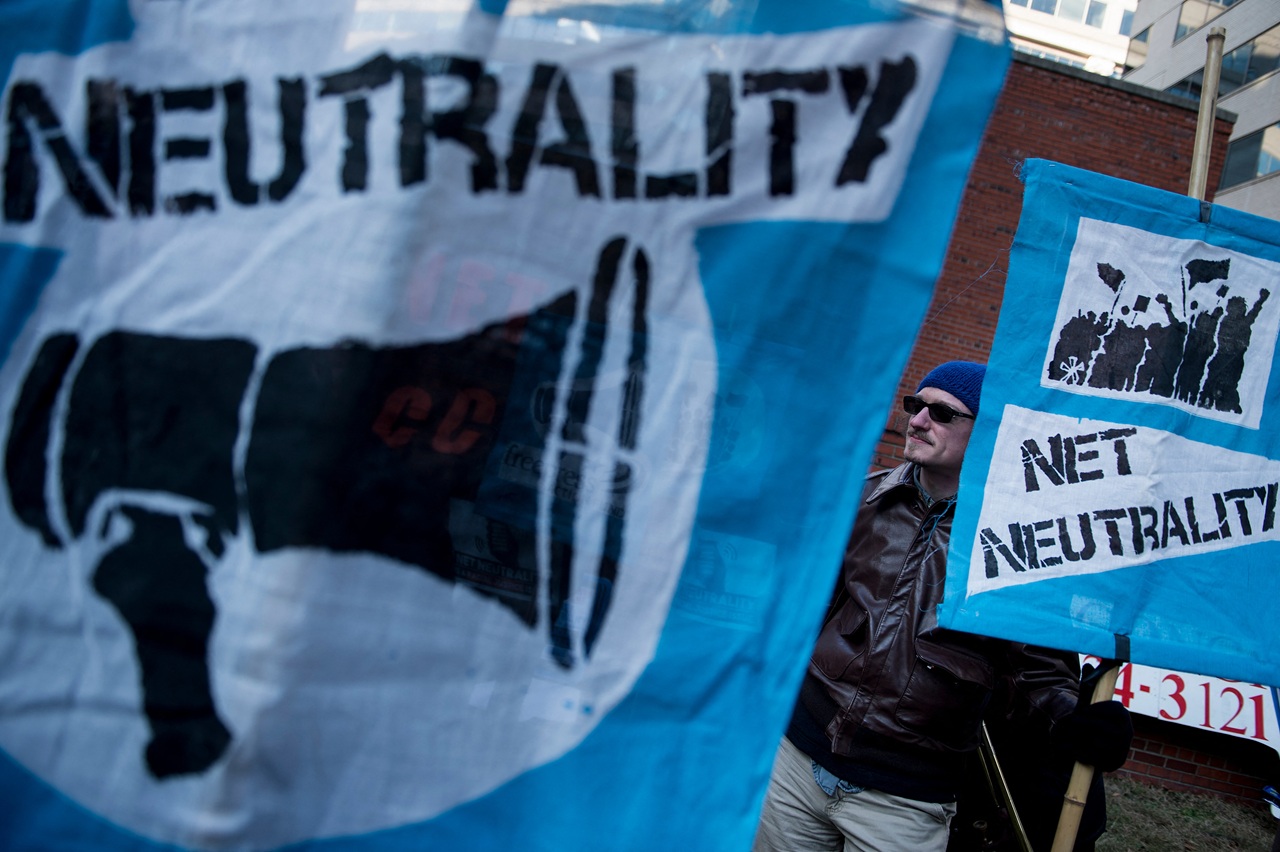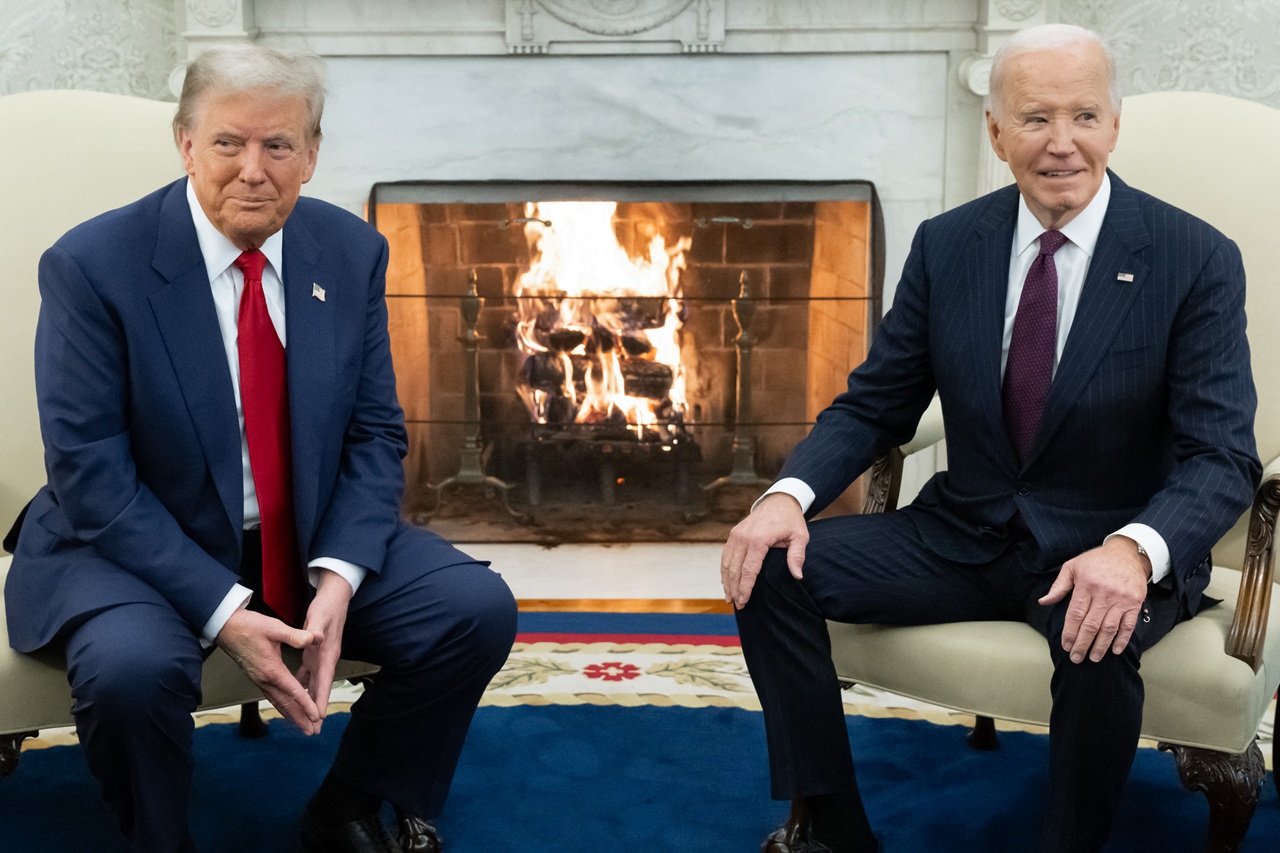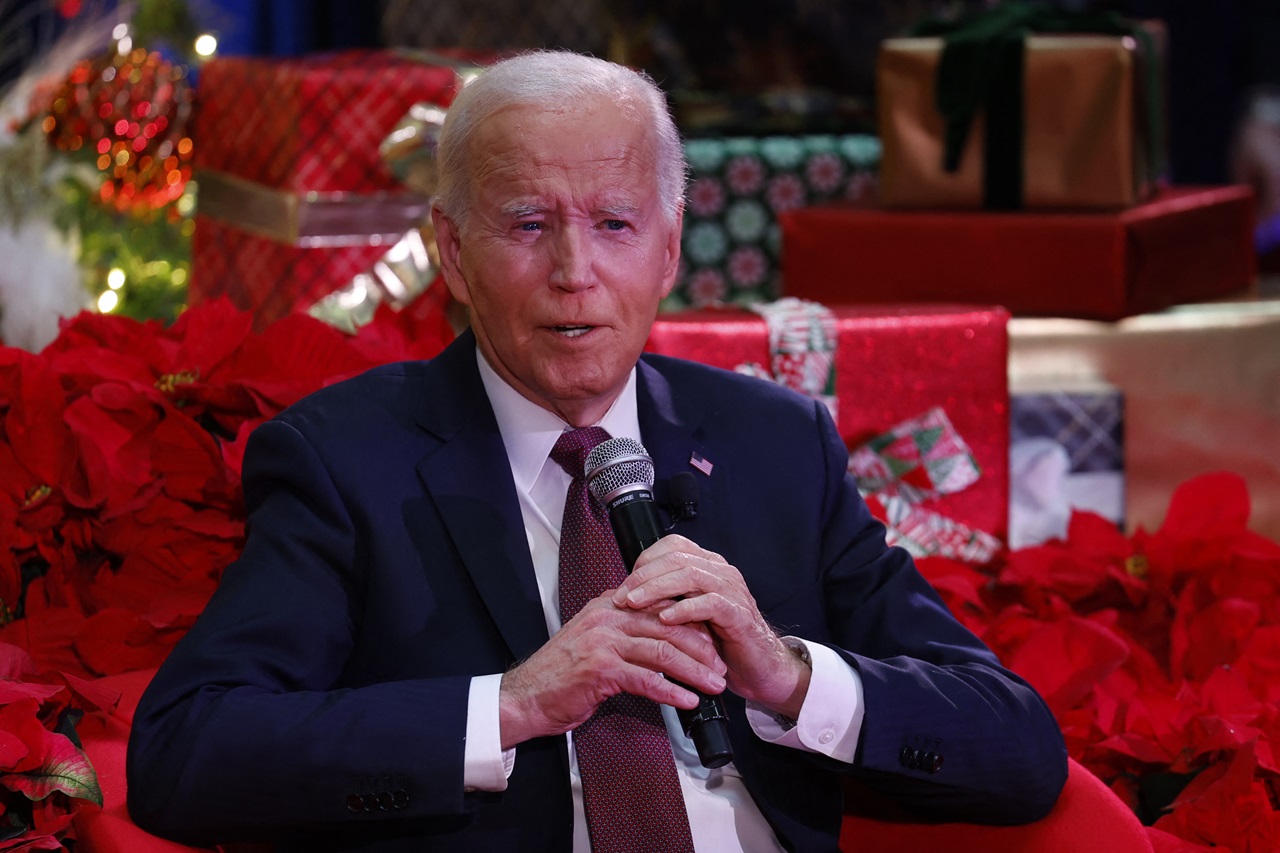
Is the Internet going to get slower or more expensive?
A U.S. judge struck down measures to guarantee net neutrality. What are the implications of this decision?
The universal Internet speed, although it may not seem like it, is a guarantee that this important technology cannot be used on a purely commercial basis.
This is one of the principles of the much-touted "net neutrality", which the outgoing administration of Joe Biden tried to guarantee during his four years in office.
Now, a federal appeals court in Ohio ruled that U.S. regulators overstepped their authority by reinstating "net neutrality" rules, marking a significant setback for the outgoing Biden administration’s efforts to ensure an open and fair internet.
Net neutrality posits that internet access is a vital resource in modern society and that service providers should be regulated to prevent abuses, such as favoring users or companies willing to pay more by granting them faster connection speeds.
Under President Joe Biden, the Federal Communications Commission (FCC) approved a rule last year expanding its oversight of internet service providers to uphold net neutrality. However, the appeals court reversed this decision, asserting that the FCC lacks statutory authority to enforce such regulations.
RELATED CONTENT
The court argued that the FCC’s measure “revived a heavy-handed regulatory regime” that restricts the operational freedom of telecommunications companies. According to the digital rights advocacy group Free Press, net neutrality rules prohibit providers from blocking, throttling, or charging extra for internet content and applications chosen by broadband users.
Neutrality vs. Market Freedom
While net neutrality advocates view these rules as critical for consumer protection, internet service giants have long opposed their implementation. These companies argue they should be free to manage their businesses without government interference.
Matt Wood, Vice President of Policy at Free Press, criticized the court’s decision, stating that it would allow future administrations, such as Donald Trump’s, to shirk responsibility for protecting internet users from unscrupulous business practices.
The ruling highlights the ongoing debate over balancing government regulation and market freedom in the digital age. Internet users face uncertainty about whether their rights and access will remain protected.
With information from AFP.











LEAVE A COMMENT:
Join the discussion! Leave a comment.